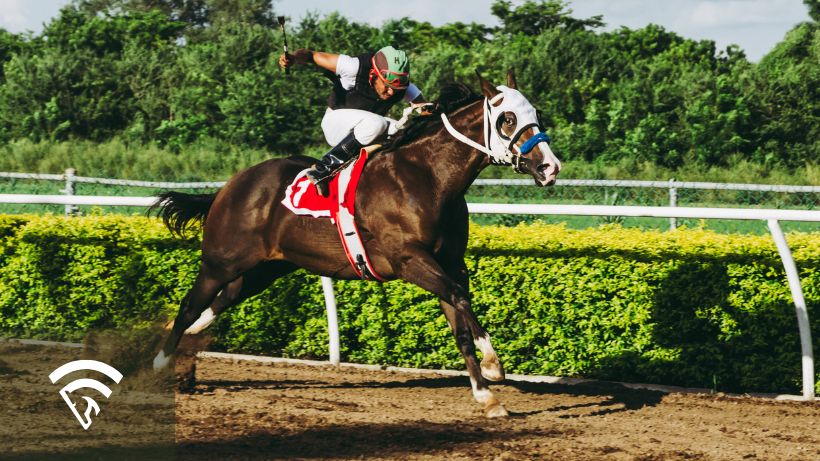What is Running Style in Horse Racing?
Running style in horse racing refers to the typical way a horse positions itself and competes during a race. The most common running styles are front-runner (or early speed), stalker, mid-pack, and closer.
How Does Running Style Affect Racing?
Each running style has strategic advantages depending on race pace, field size, and track bias. Front-runners try to gain the early lead and control the race tempo. Stalkers sit just off the leaders, ready to make a move in the stretch. Mid-pack runners conserve energy and strike late, while closers rely on a strong finishing kick from the back of the field.
A horse’s running style can determine how well it fits a particular race setup. For example, a closer might struggle in a race with a slow pace, while front-runners may thrive when there’s little early speed competition.
Why Is Understanding Running Style Important?
Identifying a horse’s preferred running style helps handicappers predict how a race will unfold. By analyzing how a horse’s style fits the pace scenario and other runners' styles, bettors can gain valuable insight into potential outcomes.
How to Use Running Style in Handicapping
- Analyze Past Performances: Determine each horse’s typical positioning.
- Evaluate Pace Scenarios: Project whether the race will be fast, moderate, or slow early.
- Match Style to Bias: See if the horse’s style aligns with current track bias or conditions.
Conclusion
Running style plays a pivotal role in predicting race results. With EquinEdge, you get advanced tools that instantly show each horse’s pace setup. Sign up today.
